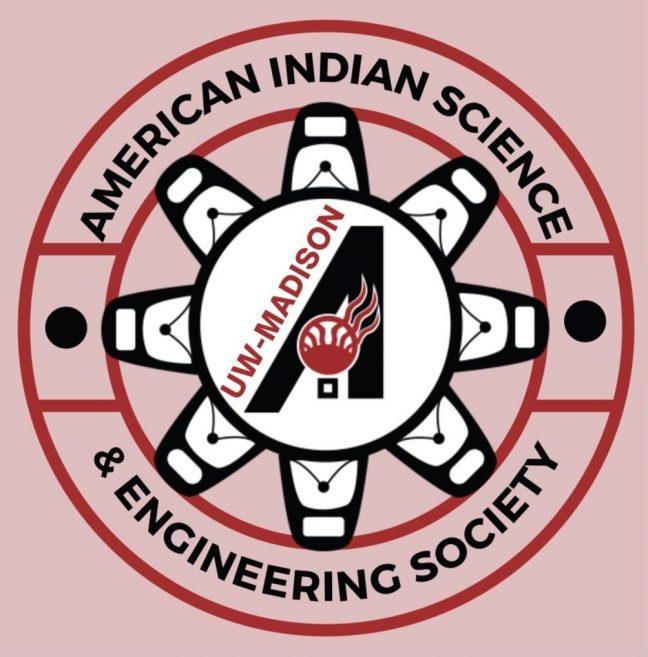The American Indian Science and Engineering Society held its kickoff meeting in the American Indian Student and Cultural Center on Wednesday evening. The meeting occurred concurrently with the national AISES conference in Phoenix and a Wunk Sheek student organization meeting, illustrating a tenacious presence of Native American student groups in the Madison community.
The AISES is a national organization that operates on the K-12, collegiate and professional level to increase the First Nations’ representation in STEM careers. The organization has a vision for the next seven generations of Indigenous people to be “successful, respected, influential and contributing members of the vast and ever-changing global community,” according to AISES.
The AISES website boasts an impressive reach of 196 collegiate chapters with more than $11 million worth of academic scholarships awarded. In an email statement to The Badger Herald, AISES UW Chapter President Miranda Jordan said the membership provides students with unique access to STEM-career mentorship programs, exclusive research opportunities and leadership summits that aid in professional development.
At UW, AISES provides a safe place for Indigenous students on campus, meetings that consist of checking in on one another, applauding each other’s accomplishments and seeking the next challenges, Jordan said. AISES also stresses the importance of faculty support.
“We are fortunate to have Dr. Bret Benally Thompson who works in Palliative Care at UW Health and Dr. Judith Simcox, an assistant professor in UW’s Department of Biochemistry, serve as our organization’s advisors,” Jordan said.
Prospective students can contact aisesuw.madison@gmail.com. Meetings typically have 15 members, and they discuss each other’s respective studies and accomplishments, Jordan said.

Courtesy of Miranda Jordan
Indigenous students are historically underrepresented in STEM careers. According to Sandia National Laboratories, most Native American and Indigenous students do not attend public high schools offering the full range of mathematics and science courses.
According to recent research, in addition to the longstanding history of scientists and engineers exploiting Native Americans and their land, STEM classrooms in the United States do not acknowledge and address the concerns Native American students have about their curricula. In fact, two-thirds of Native Americans reported they would be more likely to take science courses if the curricula was respectful towards tribal taboos.
“It’s important for UW-Madison to have AISES as a student chapter because Indigenous students deserve to not only be equally represented by the student body but also have equal opportunities in the STEM field despite the distinct barriers we face,” Jordan said.


